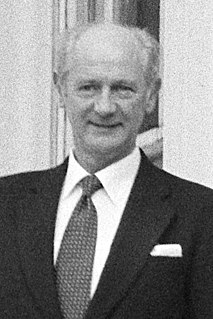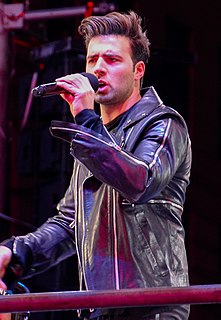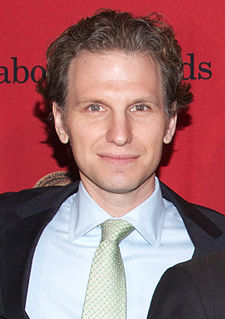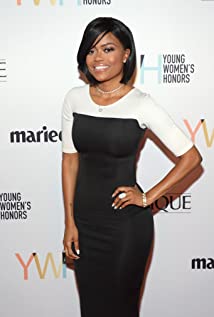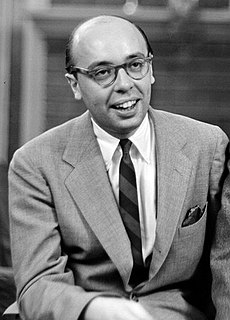A Quote by Jack Lynch
To this day, good English usually means the English wealthy and powerful people spoke a generation or two ago.
Related Quotes
I have a funny relationship to language. When I came to California when I was three I spoke Urdu fluently and I didn't speak a word of English. Within a few months I lost all my Urdu and spoke only English and then I learned Urdu all over again when I was nine. Urdu is my first language but it's not as good as my English and it's sort of become my third language. English is my best language but was the second language I learned.
Not long time ago there was a striking example of the extent to which English has diverged: a television company put out a programme filmed in the English city of Newcastle, where the local variety of English is famously divergent and difficult, and the televised version was accompanied by English subtitles!
I have a funny story to tell about English and how I came to fall in love with the language. I was desperate to fit in and spoke English all the time. Trouble was, in my household it was a no-no to speak English because somehow it is disrespectful to call parents and grandparents "you" - impersonal pronouns are offensive in Vietnamese.
